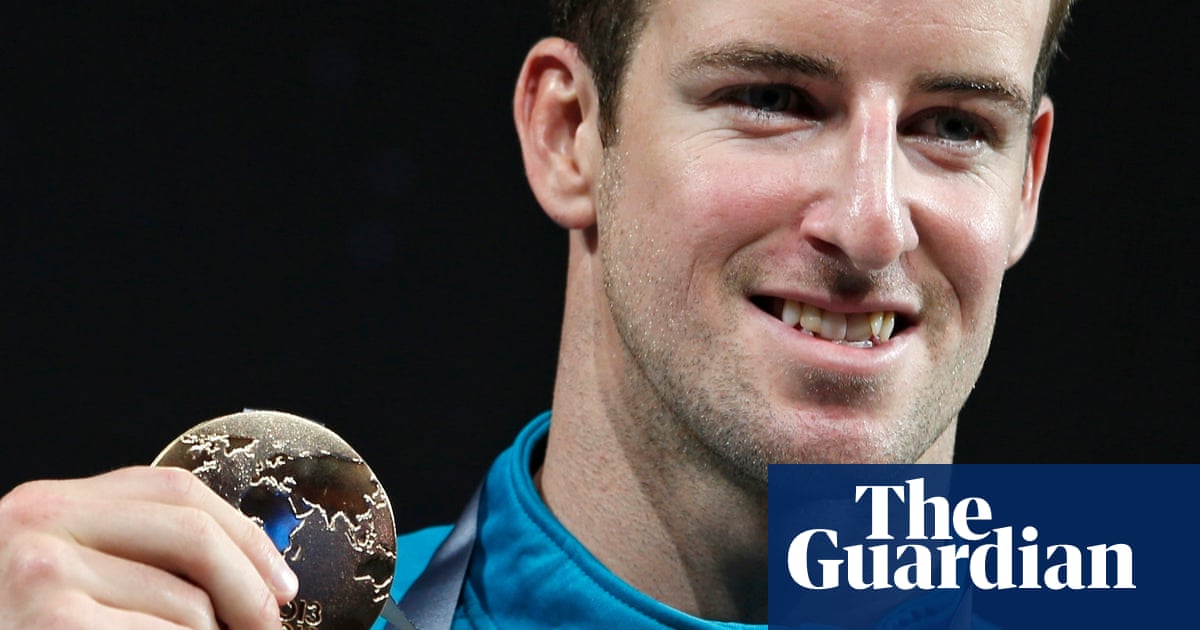The UK supreme court has ruled on how a woman is defined in the Equality Act, deciding unanimously that this does not include transgender women who hold gender recognition certificates (GRCs). The judgment could significantly affect how associated rules and restrictions are applied in Scotland, England and Wales.
What is the court ruling about?
The supreme court, which hears cases of the greatest public or constitutional importance affecting the whole population, was asked to rule upon what constitutes the legal definition of a woman under the UK’s Equality Act. The legislation is designed to protect people from discrimination in the workplace and in wider society. More specifically, the ruling concerns whether it includes transgender women possessing a gender recognition certificate (GRC), which allows an individual to have their affirmed gender to be legally recognised in the UK.
How did the case come before the supreme court?
The case was the culmination of a long-running legal challenge brought by gender-critical campaign group For Women Scotland (FWS) against the Scottish government, which has the power to rule on matters devolved from Westminster, including equal opportunities.
It began in 2018, after the Scottish parliament passed the Gender Representation on Public Boards (Scotland) Act 2018, which was aimed at improving gender balance on public sector boards.
An amendment to the Scottish government’s bill expanded the scope of the legislation to include all trans women, whether or not they had applied for a GRC.
FWS launched a judicial review – which asks a judge to examine whether a decision or action by a public body is lawful – arguing that using this definition of “woman” would have wider implications for single-sex spaces and groups, such as hospital wards and prisons, and would result in transgender women being treated as biological women.
Scottish ministers revised the statutory guidance to follow the Equality Act by only including transgender women who had a GRC within the definition of “woman”. FWS then launched another judicial review, arguing the definition was still too wide, but this was dismissed. After further appeals, FWS brought the case to the supreme court.
What does the Equality Act say on the issue?
The Equality Act allows transgender women, including those holding a GRC, to be excluded from women-only groups and services, if it is “a proportionate means of achieving a legitimate aim”.
FWS argued that if it lost the case those exemptions would be made more complicated for women-only groups because a trans woman, legally deemed a woman, would be able to claim sex discrimination.
What does the ruling say?
The supreme court ruled that the terms “woman” and “sex” in the Equality Act refer to a biological woman and biological sex. Five judges ruled unanimously that the legal definition of a woman did not include transgender women who hold GRCs.
The 88-page judgment said the law “makes clear that the concept of sex is binary, a person is either a woman or a man”. It added that interpreting “sex” as meaning certificated sex “would cut across the definitions of ‘man’ and ‘woman’ and thus the protected characteristic of sex in an incoherent way”.
The judges added that if “sex” did not only mean biological sex in the 2010 legislation, providers of single-sex spaces including changing rooms, homeless hostels and medical services would face “practical difficulties”.
What are the implications of the ruling?
The ruling means that transgender women with a GRC can still be excluded from single-sex spaces if “proportionate”.
Though the ruling does not change the law, there are now likely to be further calls to revise the Equality Act. The Equality and Human Rights Commission, the watchdog that enforces the 2010 act, supported this in its own intervention in the case, suggesting MPs had not appreciated the consequences for women if the law viewed a transgender woman with a GRC as legally female.
What does the ruling says about trans rights?
Lord Hodge, the deputy president of the court, urged people not to see the decision “as a triumph of one or more groups in our society at the expense of another”. He said all transgender people had clear legal protections under the Equality Act against discrimination and harassment.
The campaign group Scottish Trans said on social media that they would “urge people not to panic”. Simon Blake, chief executive of the LGBTQ+ charity Stonewall, said the ruling is “incredibly worrying for the trans community”.
How have gender-critical campaigners reacted?
Campaign group Sex Matters, which made arguments in the case, said the court had given “the right answer”. Maya Forstater, the group’s chief executive, said: “The court has given us the right answer: the protected characteristic of sex – male and female – refers to reality, not to paperwork.”
What happens next?
Scotland’s first minister, John Swinney, said the Scottish government accepts the ruling, adding that “protecting the rights of all” will inform its response.

 1 month ago
36
1 month ago
36

















































